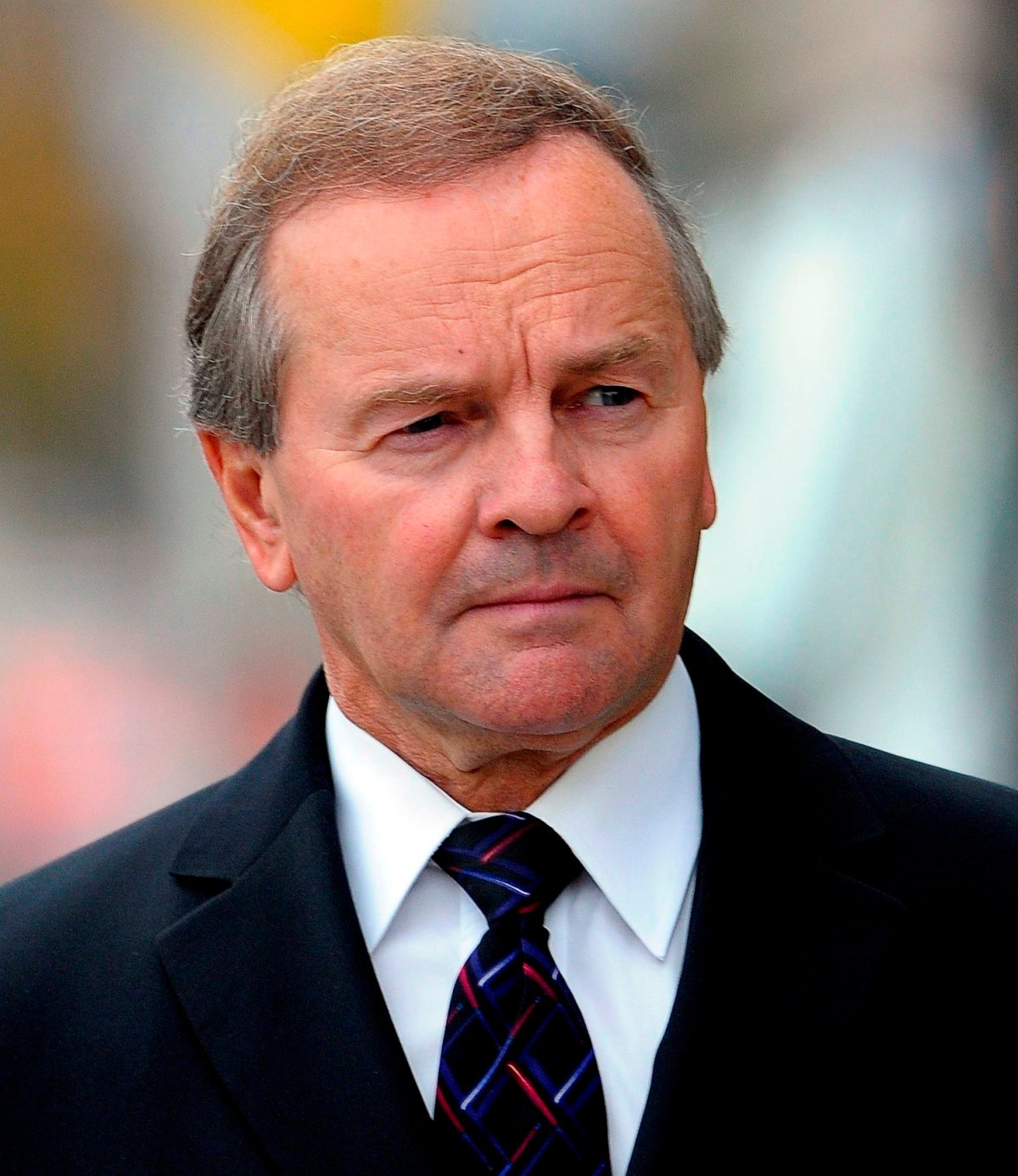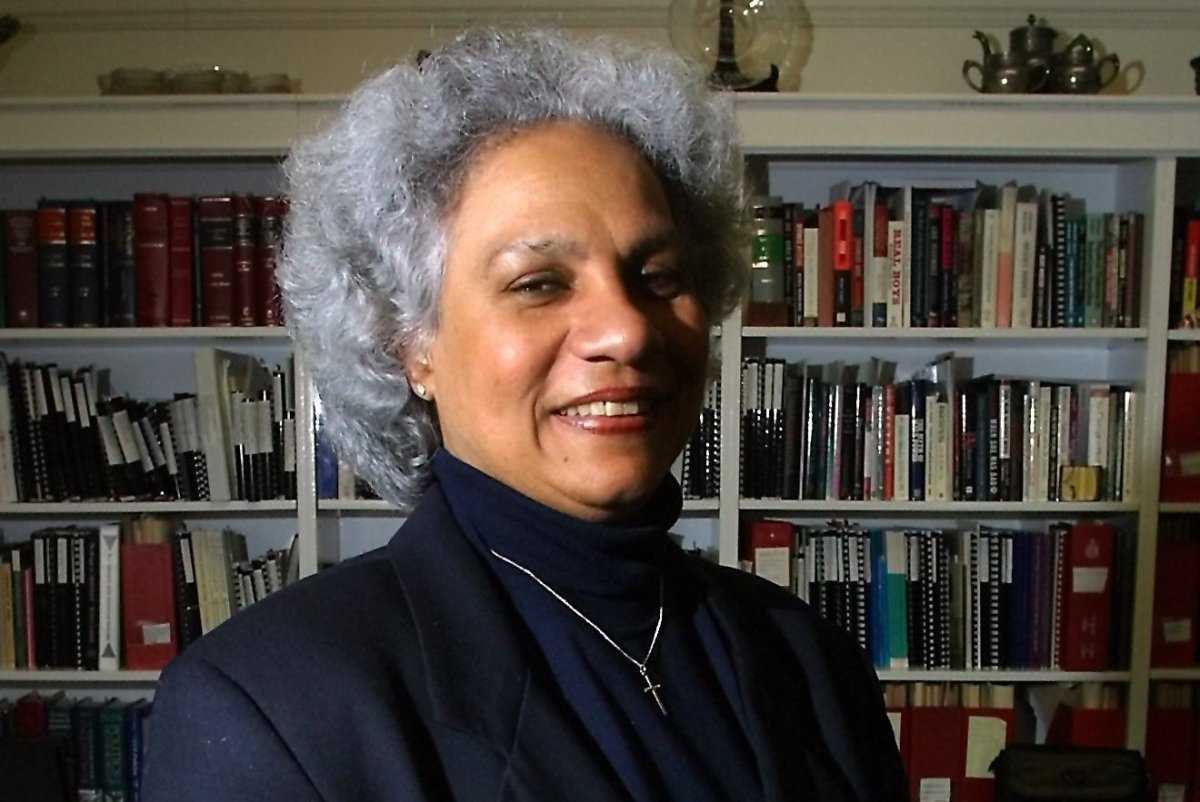OTTAWA – When Canada’s highest court considers questions this fall about the future of the Senate, judges will sit through legal arguments from the federal government, provinces and territories.

But they’ll also hear from two people who arguably have the most at stake: Senators themselves.
Liberal Sen. Serge Joyal and independent Sen. Anne Cools will appear as interveners in Supreme Court of Canada case 35203, which concerns the Conservative government’s proposed Senate reform legislation, Bill C-7.
The case is scheduled to be heard on Nov. 12, 13 and 14, and the senators each expect to have about 15 minutes before the court.
The Conservatives, under Minister of State for Democratic Reform Pierre Poilievre, say their proposed changes to the Senate do not require consent of the provinces, and can be done without opening the Constitution.
“The Senate Reform Act does not require the amending formula of the Constitution to be applied,” Poilievre told an Ottawa news conference in July.
“We can amend the term limits of senators, the property requirements and we can provide a democratic vote to recommend senators to the upper chamber, all without an amending formula to the Constitution.”
The senators – both of whom remember the constitutional battles of the Meech Lake and Charlottetown accords – beg to differ, arguing in their factums before the court that the government cannot simply legislate changes to the Senate.
And contrary to instinct, they insist it’s not personal. “I am not really concerned by the fact that I’m fighting for my job,” Joyal said in an interview.
“I’m not fighting for my job. I’m fighting for the principles of the federal institution that has a very specific role to play in the legislative process.”
Joyal, a 68-year-old former lawyer appointed by Liberal prime minister Jean Chretien in 1997, will also argue that the general amendment procedure of the Constitution – seven provinces representing 50 per cent of the population – is not enough to abolish the Senate.
”I don’t think that we’re there for a fast ride if you really want to change something as fundamental as abolishing the institution,” he said.
Joyal, who edited a book on the subject of the Senate a decade ago, says he sees it as his responsibility to come forward to the court. “I’ve been in the Senate long enough and I have been an active senator long enough, to be concerned with the future of our structure of government in Canada,” he said.
He said his argument is not about making changes to the Senate – but how those changes would be made.
“There are changes that can be brought to the institution, but they have to respect the amending formula that is the law of the land and not only the law of the land, but the fundamental law of the land,” he said.
“You can’t skip around that or you can’t bypass it or ignore that it doesn’t exist for matter of expediency.”
Similarly, Cools, 70, says she is not involved in the case for personal reasons.
“I’m on the home stretch of my career. I have no personal interest in this and I don’t see my interest in the Senate as a personal one,” said Cools, who has sat in the upper chamber for 29 years.
“I think it’s a deeply political question and a deeply legal question, and my interests are in that nature.”
Both Cools and Joyal argue the government cannot impose term limits or elect senators through legislation alone, and any amendment to abolish the Senate would require unanimity from the provinces as well as, in Joyal’s case, accommodating the interest of aboriginal people.
Cools, who was appointed by Liberal prime minister Pierre Trudeau in 1984 and briefly crossed the floor to the Conservatives before being kicked out of caucus for dissent, said she applied to intervene in the case because she considers herself “a great student” of the Constitution and Canadian history.
“I have read and studied so much of these issues, and they’ve been so close to my work, and I have quite a collection of books on the subject,” she said.
Cools believes changes can only be made by opening the Constitution.
“I’m not opposed to change so please don’t cast me in that light. I’m just saying, that when one wants to change the Constitutional question, one has to follow the appropriate legal route.
“And you can’t take shortcuts.”
– with files from the Canadian Press




Comments